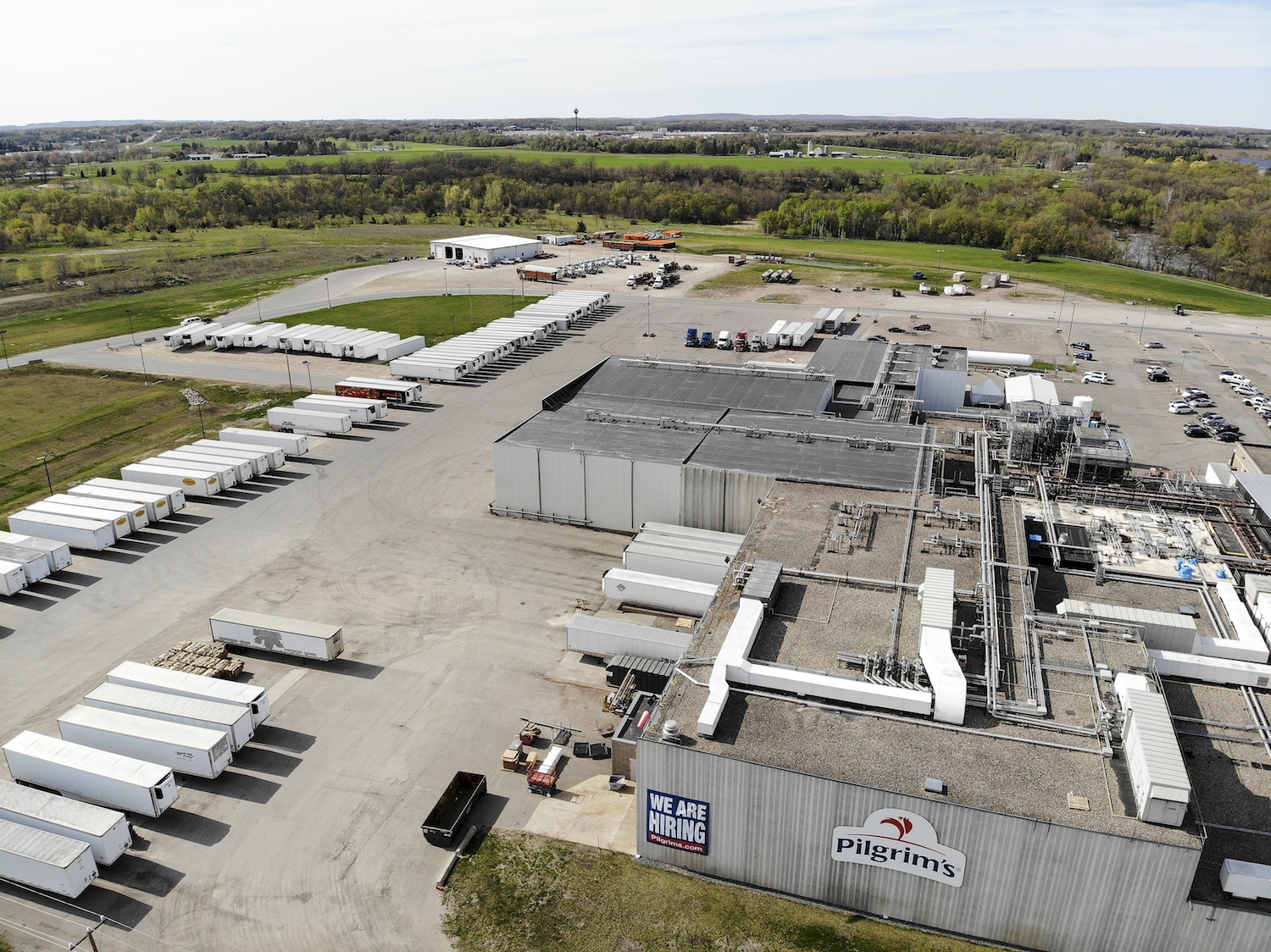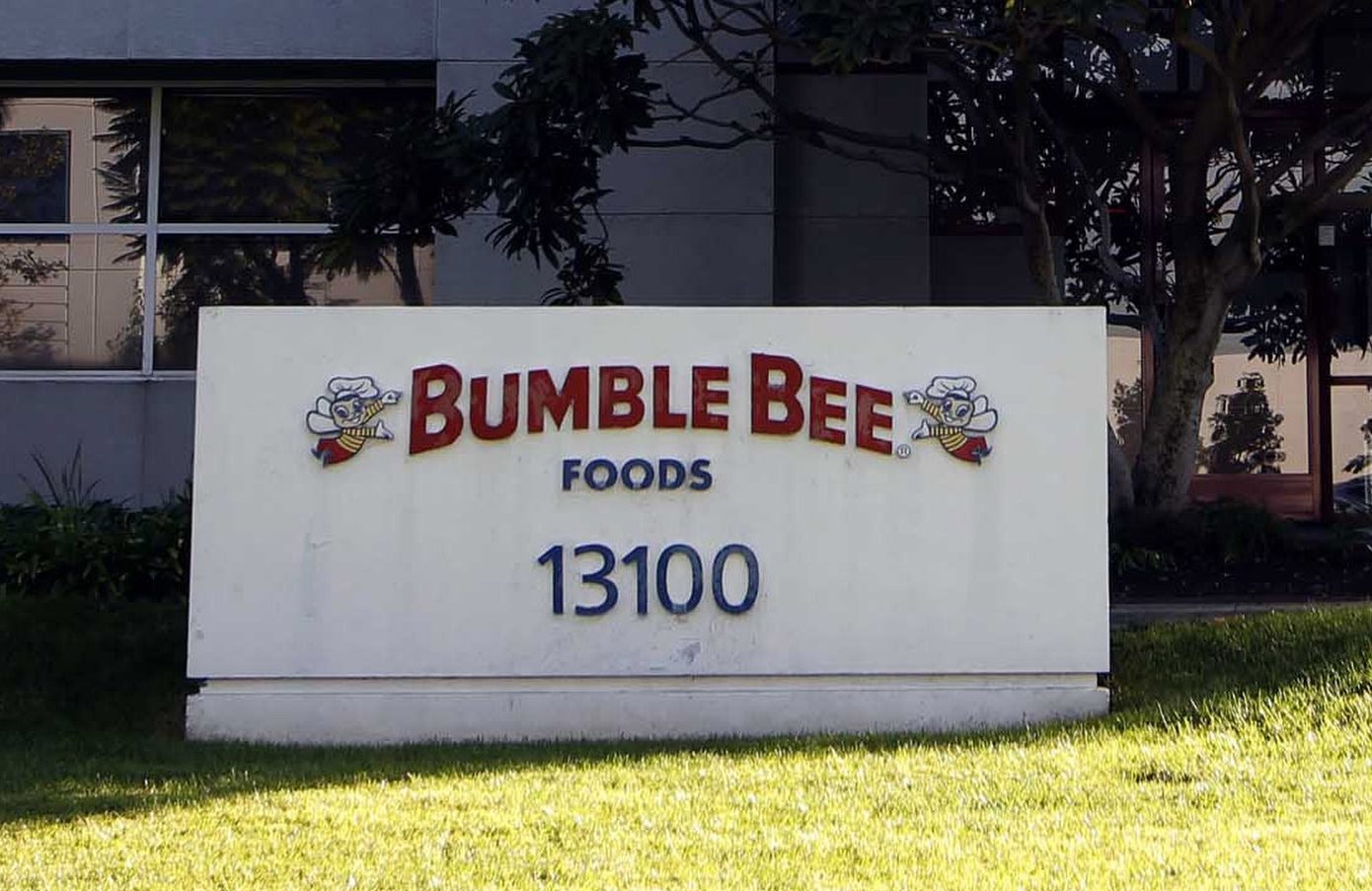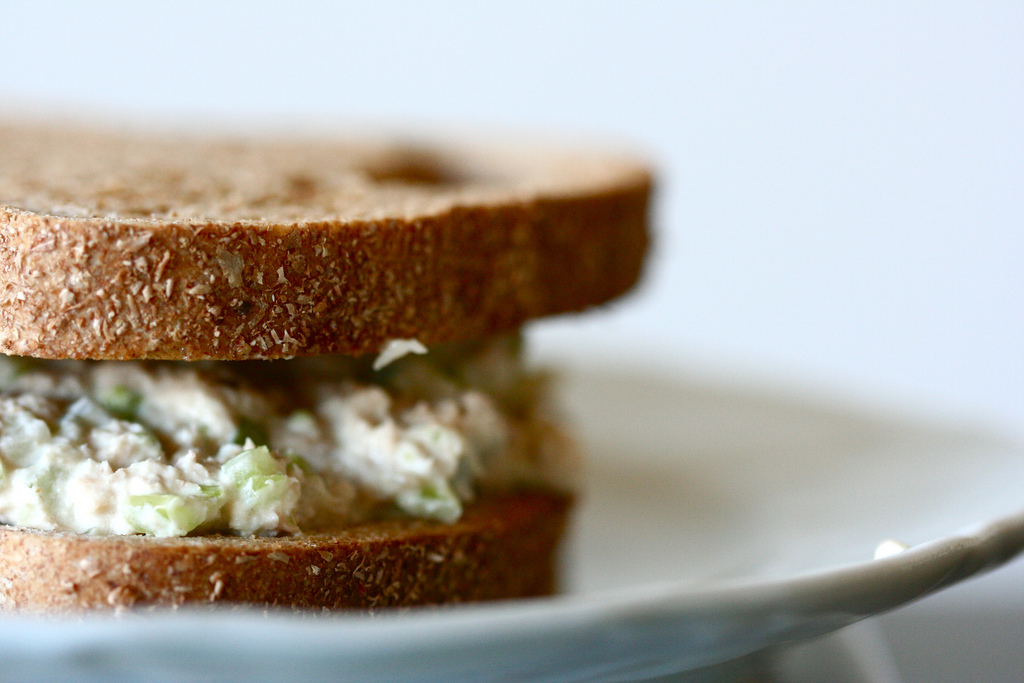The chicken giant reported $456 million in profits last year. The settlement will be a “miscellaneous expense” on its next quarterly report.
On Wednesday, Pilgrim’s Pride, the country’s second-largest chicken processor, announced it had entered into a $110.5 million plea agreement with the United States Department of Justice (DOJ) on charges of “restraint of competition,” the result of a government probe into allegations that the company conspired with other chicken producers to fix prices on broiler chickens between 2013 and 2019. The Wall Street Journal reports the company is expected to plead guilty in the coming days.
The announcement comes four months after then-CEO Jayson Penn was indicted in the probe and just a week after Bill Lovette, the company’s chief executive until his retirement in March of 2019, was charged. Penn has pleaded not guilty on all charges.
Retailers and restaurant groups have long accused poultry producers of working together to artificially inflate the cost of chicken parts. In 2016, a mini-scandal broke out when it emerged that a key price-setting index was vulnerable to manipulation by poultry producers. At the time, the director in charge of the index at the Georgia Department of Agriculture wrote an internal memo detailing his doubts about the accuracy of the industry’s self-reported stats. Hedge funders got their hands on the memo, leaked it to The Washington Post, and all hell broke loose. In June 2019, the DOJ intervened in a class-action price-fixing lawsuit, revealing that it had already begun investigating the industry.
Retailers and restaurant groups have long accused poultry producers of working together to artificially inflate the cost of chicken parts.
The collusion alleged in the recent charges are even more collusion-y than manipulating the price index, if such a thing is possible. Fast-food companies and grocery stores make buying agreements with chicken producers based on indexes that rise and fall according to factors like the price of feed. A company like Pilgrim’s will agree to supply a company like Kroger with chicken wings at a price two cents less than the index price for the year.
In theory, the details of these deals are closely-guarded secrets, so that chicken producers can maintain a competitive edge. In reality, the DOJ found, chicken companies were cozier with each other than they were with their customers. In June, prosecutors disclosed that they’d obtained text messages in which executives at different poultry companies discussed among themselves the specific terms of their agreements with clients, sometimes in very colorful terms. A choice quote: “WE SHOULD NOT HELP THEM ONE MICRON.” We reported on these exchanges in detail here.
The probe has already impacted some of the largest companies in the meat industry. Earlier this summer, Tyson Foods, the country’s largest poultry supplier, announced it would cooperate with the investigation after the first round of indictments became public. Evidently, Tyson had a peek around its internal affairs and decided to pre-emptively disclose its participation in exchange for leniency.
Chicken companies were cozier with each other than they were with their customers.
According to the Pilgrim’s Pride announcement, the company’s plea agreement ensures that it will not receive any further charges as part of the investigation. It will not be subject to a monitor or to any restitution or probation. The deal is subject to approval by the United States District Court of Colorado.







